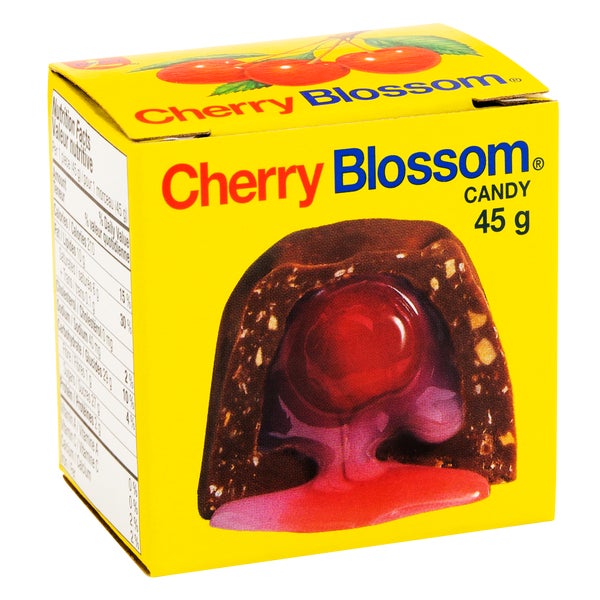
Posted on 10/20/2025 3:07:46 PM PDT by nickcarraway
McVitie’s Penguins and Club biscuits are no longer allowed to carry the word “chocolate” on the label due to a recipe reformulation caused by cocoa prices soaring over 150 per cent in 2024–2025 and hitting $10,000 per tonne in April.
UK regulations require 25 per cent cocoa solids for milk chocolate coatings, but Pladis, McVitie’s owner, reduced cocoa content below that threshold and opted for palm and shea oils to keep costs down. The iconic Club slogan, “If you like a lot of chocolate on your biscuit, join our Club,” became “If you like a lot of biscuit in your break, join our Club” to compensate for the shift to “chocolate flavour” coatings, sparking consumer nostalgia and debate over taste changes.
Why Penguins and Clubs changed
Severe droughts in West Africa, which supplies 70 per cent of global cocoa, caused bad harvests, which drove the price increase, forcing Pladis to reformulate Penguin and Club biscuits in mid-2025. The Guardian reported that the new recipe uses less than 20 per cent cocoa solids, falling well short of the EU Directive 2000/36/EC standard enforced by the Food Standards Agency. Alex Hutchinson, a confectionery historian, told BBC News, “Many confectioners are lowering cocoa in favour of cheaper alternatives during these supply shocks.” Fans on social platforms lament the waxy texture, though Pladis claims sensory tests show no taste difference.
New slogan and consumer reaction
The Club biscuit slogan change has stirred nostalgia. The Grocer magazine confirms the new slogan emphasises the biscuit base to comply with advertising rules. A Sky News commenter wrote, “First Waggon Wheels shrink, now Penguins lose real chocolate. Where’s our god now?” Other McVitie’s products, like Mini BN and white digestives, also changed to “chocolate flavour” in 2024–2025, according to the Daily Mail. Consumers report mixed feelings, with 70 per cent in trade polls noticing little taste change.
Sustainable alternatives in crisis
Rising cocoa prices have pushed brands toward ethical options. Tony’s Chocolonely, using 100 per cent slave-free cocoa, offers a sustainable alternative, as noted on LinkedIn. Shoppers can also try Hotel Chocolat bars or M&S oat-based biscuits. Home baking with fair-trade cocoa provides another solution. The industry faces seemingly no end of challenges, but these options maintain quality and ethics despite the cocoa crisis affecting beloved UK snacks like Penguins and Clubs. Chocolate coating in the UK has become more of a luxury now than it ever was in living memory.

It’s a traditional price curve problem.
They could raise their prices and take the chocolate position.
Instead, they chose to dilute their product and their brand position to keep their prices low.
Probably for the best. Snacks are already too high. Much higher and sales stop.

I thought this thread was going to be about something you put gravy on along with your fried chicken. Instead it was about some obscure cookie/wafer thing that the muslims outlawed in their newly acquired Eurostan.
That looks like a cherry cordial that we used to get at Christmas. I think they still exist. And they are delicious!
We all know what the answer is. Correct the wage reduction everyone was forced to endure with the plandemic that was executed along with the people forced to absorb huge price increases as companies were forced out of business and production was reduced across the board.
The biggest scam in all of history.
I think “biscuits” is British English for what we call cookies.
does chocolate require slaves to be 'proper' chocolate?
Same reason why tuna doesn’t taste as good as it used to, I think.
I'm not so sure. I'm something of a finicky gourmet and I've found that slave-free chocolate
just doesn't have that je ne sais quoi of the traditional method. Give me slave produced cocoa any day.
When lamenting the high price of chocolate and the droughts in Africa, mention is seldom made of chocolate production in other parts of the world.
Central and South America, Indonesia and the rest of the Asian tropics, a number of Caribbean islands, and even Hawaii, also grow cocoa trees.
Disclaimer: Opinions posted on Free Republic are those of the individual posters and do not necessarily represent the opinion of Free Republic or its management. All materials posted herein are protected by copyright law and the exemption for fair use of copyrighted works.